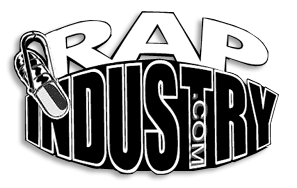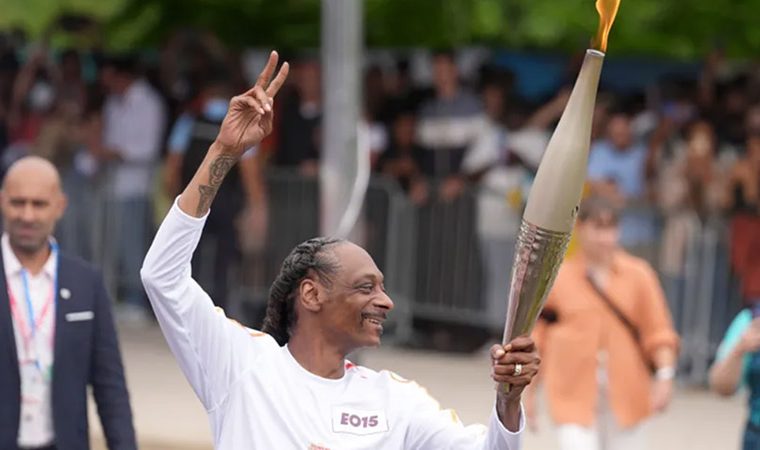
ASCAP Reports Record-Breaking Financial Results With $1.737 Billion In Revenues.
The American Society of Composers, Authors and Publishers (ASCAP), the only U.S. Public Performance Rights Organization (“PRO”) to operate on a not-for-profit basis, today announces its 2023 financial results, with increases in every major revenue and distribution category. ASCAP delivered a record-breaking $1.737 billion in revenue in the 2023 calendar year with $1.592 billion available for royalty distributions to its songwriter, composer, lyricist and music publisher members, the highest revenue and royalty distributions reported by any U.S. PRO.
ASCAP’s record-breaking revenues of $1.737 billion in 2023 represent an increase of $215 million or 14.1% over 2022. ASCAP increased the value and monetization of its members’ music with domestic revenue from U.S.-licensed performances surpassing $1.327 billion which is an increase of $149 million or 12.6% over the prior year. In 2023, audio streaming revenue rose 21%, general licensing revenue rose 23%, radio revenue rose 10% and audio-visual revenue rose 3% as compared to 2022.
Total foreign revenues for performances of ASCAP members’ work outside the U.S. were $410 million, up $66 million or 19.3% over the prior year due to the strength and success of more than 960,000 ASCAP members who have created the most valuable musical repertoire in the world. ASCAP represents and aggregates in cost-effective, efficient blanket licenses over 19 million copyrights which includes iconic music from Beyoncé, Billy Joel, Cardi B, Dua Lipa, Garth Brooks, Jay-Z, Katy Perry, Lil Baby, Lin-Manuel Miranda, Mariah Carey, Olivia Rodrigo, Paul McCartney, Stevie Wonder, Usher and more.
Since the launch of ASCAP’s strategic growth plan in 2015, its compound annual growth rate (CAGR) for Total Revenue through 2023 has increased to 7%, and the CAGR for Total Distributions over the same time period rose to 8%.
ASCAP reported a record-breaking $1.592 billion available for distribution to its members, an increase of $204 million or 14.7% over the prior year. This is the highest amount in royalty distributions to creators and music publishers reported by any U.S. PRO, fueled by both revenue growth and the lowest overall cost allocation overhead rate in the U.S. at 10%. ASCAP does not charge a commission or take a profit. Instead, pursuant to its unique governance and operating principles, it must deduct all expenses subject to a reasonable reserve and then distribute all remaining dollars as royalty distributions to its members.
ASCAP’s 10% overhead rate means that 90 cents of every dollar collected was paid to ASCAP members, resulting in the highest value exchange applied to the lowest overhead rate provided to creators and publishers of any U.S. PRO.
Total funds available for domestic distributions of ASCAP U.S.-licensed and administered performances were $1.217 billion, an increase of $169 million or 16.1%, based solely on U.S. performances of works by ASCAP-licensed songwriter, composer and publisher members. Of that total, $53 million was distributed through Songwize, ASCAP’s royalty administration service provided to ASCAP members who directly license their works, up 16.8% over 2022.
Royalty distributions to ASCAP members derived from ex-U.S. performances were $375 million, up $35 million, or 10.2% over the prior year driven by the strength of the ASCAP repertoire and its low overhead ratio.
Unlike its competitors, ASCAP has no debt, no shareholders, no private owners and no private equity investors, meaning ASCAP’s music creator and publisher members are the sole beneficiaries of ASCAP’s financial success. A democratically elected Board of Directors composed of music publishers and music creators sets the royalty distribution rules and cost allocations based on follow-the-dollar principles. It is the only U.S. PRO that makes those distribution rules publicly available on its website providing transparency to its membership.
“We are delivering industry-leading technical innovation, legislative advocacy and revenue growth that solely benefits our members, not outside investors or shareholders,” said ASCAP Chief Executive Officer Elizabeth Matthews. “As we like to say, private equity never wrote an iconic love song which is why we fight purely for songwriters, composers and publishers, not for those who use creators and their works of art for their own profits or to secure their own debt. ASCAP differs from others because our mission and purpose is clear and unique.”
“ASCAP’s mission and not-for-profit business model are more important now than ever before, as artificial intelligence transforms the music landscape, and the need for legislative advocacy to protect creators in DC has never been more important,” said ASCAP Chairman of the Board and President Paul Williams. “ASCAP will always be a champion for the humans who create music and demand transparency and fair payment from those who exploit our work. ASCAP makes it possible for our songwriter and composer members to write the next song, to earn a living and to support their families. No one else in the industry has the backs of songwriters like ASCAP.”



